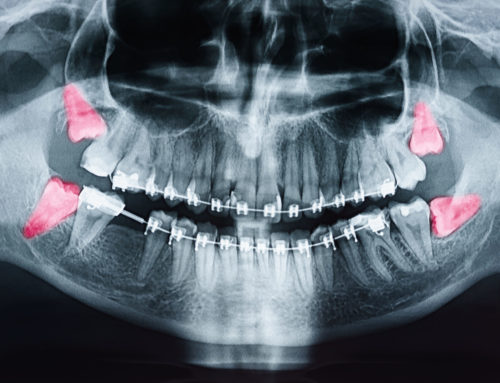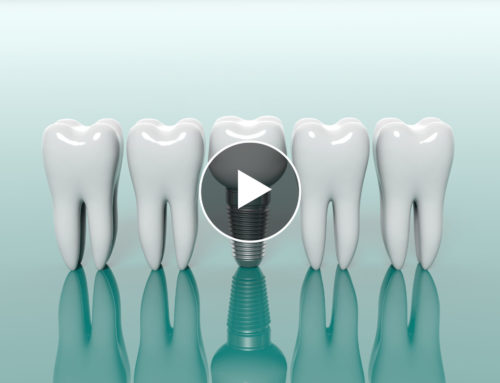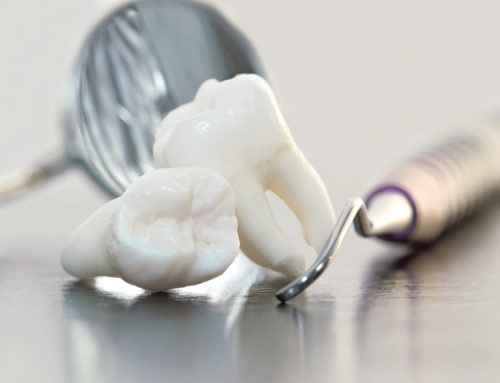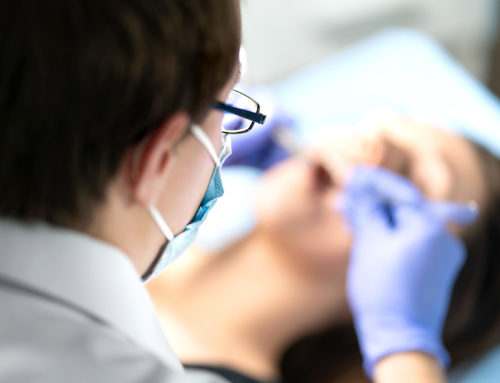At some time in their lives, almost everyone experiences toothache. This could be as the result of a problem with teeth or a sinus infection. Some facial muscular pain can be misread as toothache. There are many causes of and variations in the type of discomfort generally referred to as toothache.
Over-sensitive Teeth
For instance, tooth sensitivity refers to a sharp pain in response to something one eats or drinks. This could be a cold drink, hot food, or a sweet treat. When hot coffee or ice water touches a person’s mouth he feels pain, but this pain generally stops almost as soon as it starts. Pain could be caused by gums receding, old metal fillings or loose fillings, or by a cavity. If the pain lingers, there could be a problem inside the tooth which can only be corrected via root canal. An abscess could also require attention.
Sensitive teeth usually respond well to special toothpaste which mitigates their reaction to extreme temperatures and to sugar. Fillings get rid of cavities while restoring and re-sealing the sites of old cavities with new materials is another easy solution.
Facial Injury
Many sports are notoriously dangerous to one’s dental health. Participants recognize these activities by the safety gear they are encouraged or expectd to wear. Examples include boxing, hockey, and football. Mouth guards do not prevent injury. Moreover, people can incur injury to the face without courting danger. Motor vehicle accidents, trips and falls, and being hit by a rogue golf ball could all cause damage to a tooth or bruising to the jaw.
A cracked tooth will sometimes hurt when a person bites down on food. It might hurt all the time. Bruising to the jaw can create a toothache-like experience and will eventually subside although it could leave more serious damage. A cracked tooth might eventually feel less sensitive. If not, capping the tooth will often restore and protect it.
Dealing with Temporomandibular Joint (TMJ) Disorder
The joint so often associated with jaw pain can also create a phantom toothache. Under examination, a patient’s dentist will ask if she grinds her teeth, whether she experiences tension headaches, and other questions that reveal clues about the nature of her tooth pain. As a result, a dentist will sometimes reveal a deep-rooted problem with the TMJ. In this case, the dentist might refer his patient to one of the most respected oral and maxillofacial surgeons in the region to ascertain the problem and determine a course of action to fix it.
Adding his X-rays to those of the family dentist, a specialist will reveal whether simply grinding her teeth is the patient’s issue, in which case a mouth guard could be helpful. He might also uncover a serious condition which would respond to surgery. TMJ frequently occurs when one’s jaw is misaligned due to injury or the shape of one’s face at birth (such as where an under-bite is present). Oral and maxillofacial surgeons have the option to break and re-set the jaw or to use newer techniques which change the shape of one’s jaw without causing such trauma.
Here at OMSH, we treat all kinds of tooth, gum, and jaw disorders which can all cause tooth pain. Contact us today and learn more about our services on our website.






